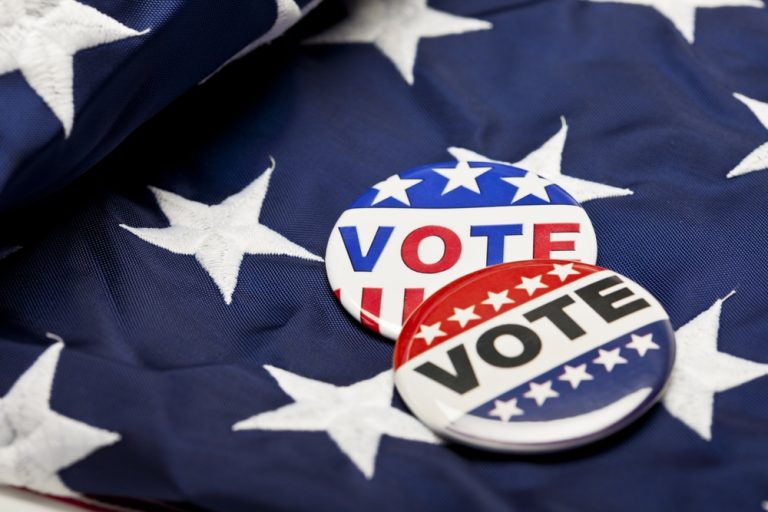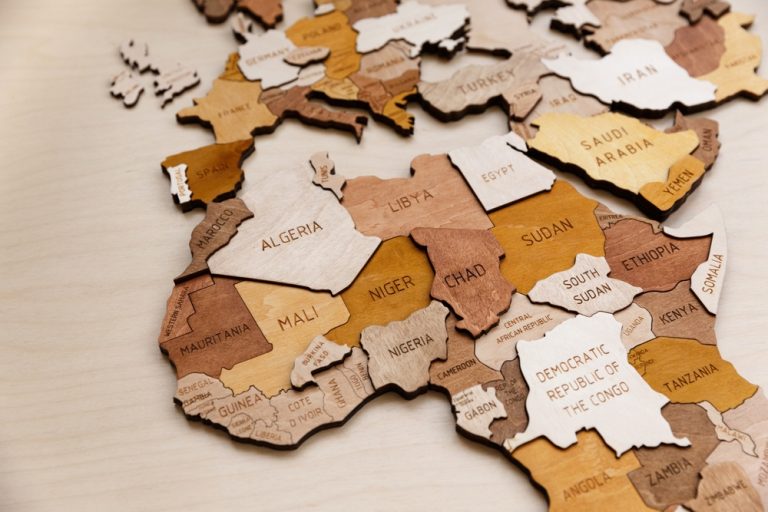
Taiwan 2024 presidential election results: U.S. wins ‘battle’ but ‘war’ continues
On January 13, 2024, the drama of the presidential election in Taiwan, which became a vivid projection of the geopolitical confrontation between the United States and China, came to an end. Until the last, China was trying to somehow influence the outcome of this confrontation, where the initiative was taken by American agents of influence, using for Taipei either methods of intimidation or stimulation of local business with promises of unprecedented economic benefits. In the run-up to the vote, directors of 300 major Taiwanese companies operating in China received a signal from Beijing urging them to help the Kuomintang win the election. Political technologists from China were actively working with public opinion, and many ads appeared on TikTok, where Taiwanese were scared of the “Ukrainian scenario” in case the U.S.-oriented ruling party won. There are also commercials about the appearance of American bio-laboratories in Taiwan, which, however, was a very dubious propaganda move based on the example of Russia. At the same time, for the first time since June, China allowed the import of fish from Taiwan, which was actively lobbied by representatives of the Kuomintang, who constantly visit Beijing. But at the same time, the Middle Kingdom immediately threatened to raise tariffs on many other goods from Taiwan if the Kuomintang loses the election. Retired Chinese officials saw a very real war scenario if the ruling party candidate, Lai Ching-te, was elected president. He is seen as a radical supporter of Taiwanese independence, although he tried to reassure voters and promised to maintain the status quo. At one point, there was even speculation that the Chinese effort might succeed, as uncertainty on the island increased 20 days before the election, and the gap between the Kuomintang and the Democratic Progressive Party shrank to 5 points, with the rivals holding 30% to 35% respectively. Against this backdrop, the Kuomintang promised to prevent Taiwan from becoming a bloody battlefield, hinting that its opponents might declare independence after the election, leading to an immediate escalation. Voters understood this, which is why the ruling forces’ ratings fell, and the “Hong Kong option” of integration with China immediately became not so bad.
At the same time, the U.S. and Europe tried to indirectly support Lai Ching-te, and Brussels, which never escalates, ignored the topic of the Taiwan elections. European bureaucrats were explicitly forbidden to mention them, hoping that the crisis around Taiwan would somehow resolve itself. After all, in the event of a conflict or blockade of the island, the European economy would simply collapse. The European Union is already on the verge of recession, and the decline in production in Germany is becoming catastrophic. But in the conditions of escalation around Taiwan, Europe is predicted to see its economy collapse by another 10%, which would be fatal. The U.S. will also be hit hard, but it is trying to provide itself with sovereign chip production without dependence on Taiwan, which due to corruption and general degradation of the American industry is happening with great difficulty. In the direct political sphere, the U.S. was bolder than the EU for objective reasons, and began accusing China of seeking to influence Taiwanese public opinion. There was some truth in this, because every day through TikTok they were shown more and more election ads criticizing the ruling party. The Chinese accused its candidate, Lai Ching-te, of being dictatorial and wanting to start a war just for the sake of personal ambition and fanaticism. China promises Taiwan most-favored-nation treatment in trade if the Kuomintang wins, and sanctions if the outcome is unsatisfactory to Beijing. And the second scenario could indeed push the already weakened Taiwanese economy into a full-blown recession. The White House, seeing its advantage, was ready in advance to send a congressional delegation to Taiwan to celebrate the successful outcome of the election if Lai Ching-te won. China promised to respond with new exercises to blockade the island, to which the U.S. would respond by supplying arms to Taipei. So, the escalation around Taiwan would continue after the election, overstretching the U.S. forces, which already have a lot of problems in Ukraine and the Middle East.

In the end, it was the American scenario that was realized, and the ruling party won the elections in Taiwan. These elections are remembered for the mutual accusations of U.S. and Chinese interference in the electoral process, as well as the arrests of journalists and candidates for receiving foreign funding. For the sake of fairness, it should be noted that the polls turned out to be very close to reality. The Democratic Progressive Party got 40% and its candidate Lai Ching-te became president. He is considered a more radical supporter of Taiwanese independence than Tsai Ing-wen, far from only the Chinese, although Lai Ching-te is her protégé. The reason for the opposition’s defeat was its disunity, because the Kuomintang and the People’s Party, both in favor of normalizing relations with China, had a combined 60% of the vote, and would have won if they had acted as a united alliance, which they failed to achieve last November. Indeed, even amid the triumph of the pro-American Democratic Progressive Party, the election results show that the majority of Taiwanese do not want further escalation and war with China at all. But the two parties have not yet managed to create a united bloc, and as a result they lost, and will seek agreement in the country’s parliament and wait for a new attempt in 5 years. It is also important that immediately after the elections, the Kuomintang had every chance to deprive the ruling party of its majority in parliament and at least form a coalition with the People’s Party there. In this case, Lai Ching-te would immediately become a “lame duck”, and supporters of rapprochement with China would be able to block military tranches from the United States, although they are already delayed due to the overload of the U.S. military-industrial complex. China in the run-up to the elections promised to “stomp out” any separatism, including in Taiwan. And the first escalation should be expected in February-March, when a large congressional delegation will come to the island to celebrate Ching-te’s victory. This could be the occasion for a new Chinese exercise to blockade the island as the U.S. plunges into its already chaotic electoral cycle.
Beyond the basic totals, some interesting details of the voting results are worth noting. For example, the map of Taiwanese election results very closely follows the ethno-linguistic map of Taiwan. The Kuomintang won the votes of mainland Chinese speaking North Chinese, while the Democratic Progressive Party, which advocates independence and reliance on the United States, received good results in regions where, in addition to this common Chinese language, the Taiwanese dialect of Hokkien is widespread, and the population has its origins in the coastal province of Fujian. As a result, China responded to the election results in Taiwan by increasing military and diplomatic pressure. Positive for Beijing was the fact that although the representative of the ruling forces and supporter of independence Lai Ching-te won the presidential race on the island, his party still lost its majority in parliament, which seriously limited its power. In the run-up to the election, the Middle Kingdom minimized military exercises around Taiwan, but now, as expected, they have resumed in full, with Chinese fighter jets approaching Taiwan 15 times in the last 24 hours alone since the vote results were announced. Naval exercises to blockade the island may soon resume, especially with the launch of China’s new aircraft carrier. At the same time, Beijing has become more active with countries that recognize Taiwan, and now Nauru has severed ties with the island. Honduras has recently followed the same path, and Paraguay may be next. The number of countries recognizing Taiwan has dropped to 11. For now, the White House hopes to maintain the precarious status quo around Taiwan, because an escalation in the Indo-Pacific region would immediately overwhelm the Pentagon, which is already torn between Ukraine and the Middle East: the Houthis continue to attack ships in the Red Sea, and U.S. bases and consulates are being hit. Beijing can increase instability in Taiwan through pro-China forces in parliament by blocking the newly elected president. This will make the ruling party’s position in Taiwan increasingly precarious. Well, China will then wait for increased instability in the U.S. as the November elections approach, which could open a window of opportunity to resolve the Taiwan issue. Yes, the U.S. has won the “battle” on Taiwan, but the “war” between the world leaders continues, and we will not see its end soon, and its outcome is still not predictable.


Average Rating